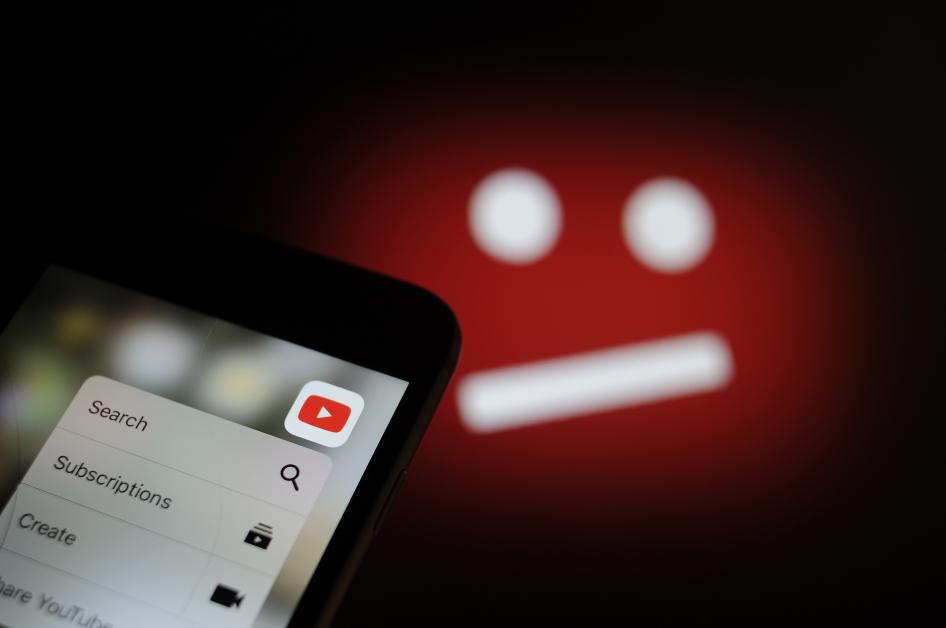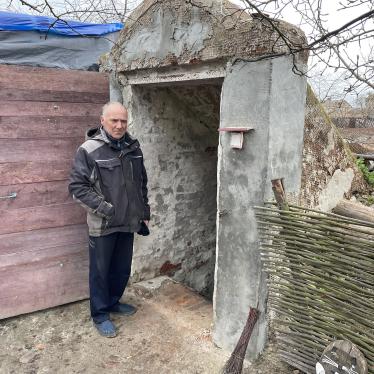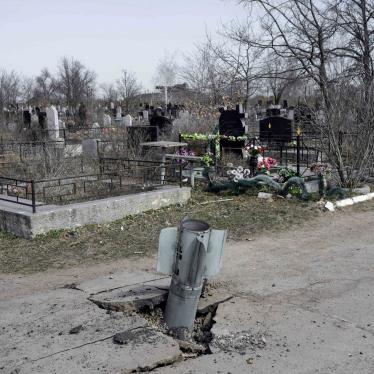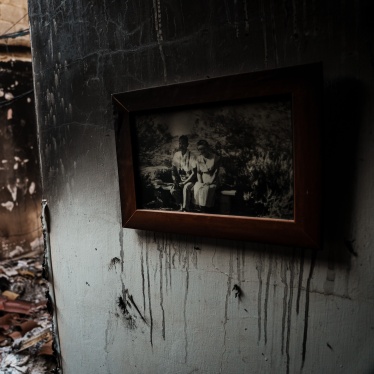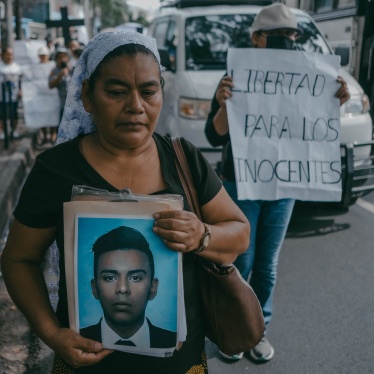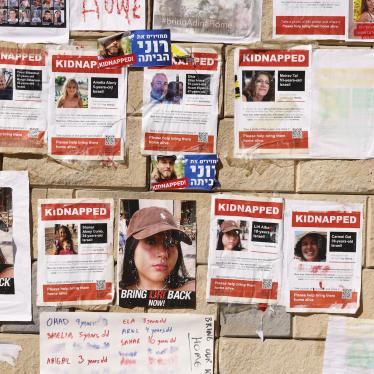This month, four high-ranking members of the US Congress took an important step to help obtain justice for war crimes worldwide.
On May 12, the legislators called on the chief executives of YouTube, TikTok, Twitter, and Meta (formerly Facebook) to preserve and archive content on their platforms that might be evidence of war crimes in Ukraine.
At issue is a trove of uploaded photos and videos that show apparent laws-of-war violations by Russian forces – including unlawful killings, attacks on civilians and civilian infrastructure, the use of banned cluster munitions – and some abuses by Ukrainian forces. This content forms an essential part of human rights documentation and may play a role in war crimes cases in Ukraine, other countries, and the International Criminal Court.
In a letter to the companies, Democratic Representatives Carolyn B. Maloney, Stephen F. Lynch, Gregory W. Meeks, and Bill Keating asked the CEOs “to preserve content, and the metadata associated with this content, that potentially could provide evidence of war crimes and human rights violations in Ukraine” and to make this content accessible to international human rights investigators, in compliance with relevant privacy laws.
Companies understandably remove content that could incite violence, harm individuals, or jeopardize national security or public order. YouTube, for example, has reportedly removed 9,000 channels from its platform related to the Ukraine conflict. But while blocking this content from the public may sometimes be warranted, these companies should preserve the material as potential evidence. Permanent deletion by moderators or artificial intelligence-enabled systems can undermine efforts to expose or prosecute serious abuse.
In most countries, national law enforcement can compel social media companies to provide users’ content via warrants, subpoenas, and court orders, but international investigators lack these powers.
To address this, human rights groups, including Human Rights Watch, have called on social media companies to set up independent mechanisms that would preserve potential evidence of serious crimes for use in national and international investigations, as well as for research by nongovernmental organizations, journalists, and academics. While companies have been receptive to these calls, they have still not created these types of digital lockers.
As social media content becomes integral to war crimes investigations in Ukraine and elsewhere, social media companies can step up. They should engage with human rights organizations to establish a viable and lawful mechanism for archiving and granting access to social media content that can help bring perpetrators of atrocities to account.

